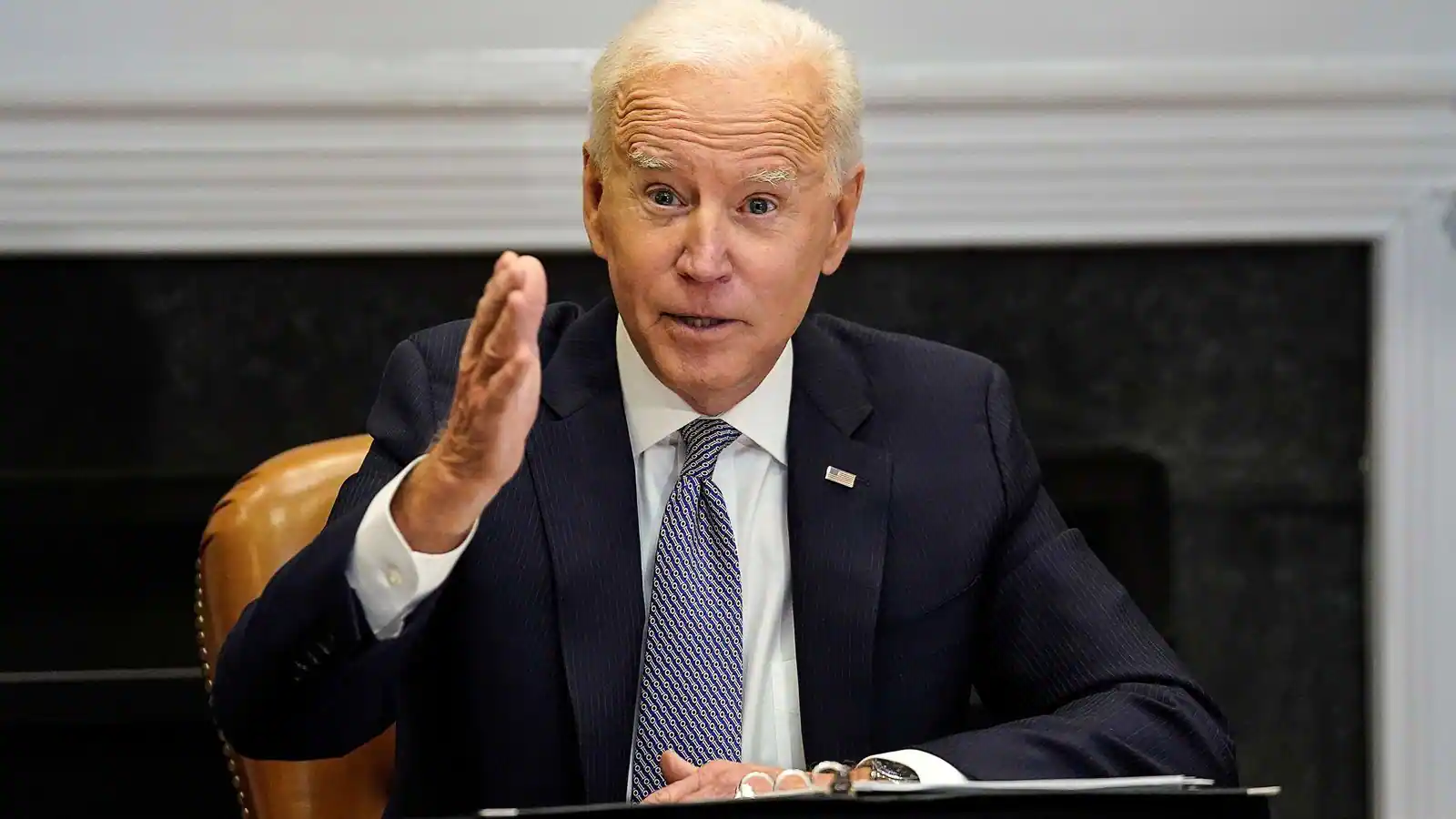
The US is very sensitive to its own sovereignty, but when it comes to dealing with other countries the US doesn’t hesitate to interfere in the internal matters of other countries. There are dozens of examples in which the US demonstrate double standard whether with its friends or those countries to which the US feels it has a conflict on multiple issues.
On the issue of Taiwan, the US is becoming systematically and intentionally vigilant to create disorder and crisis. No doubt that Taiwan is under Chinese sovereignty. But the US is trying hard to change reality and working strategically to create multiple hurdles in the South China Sea sphere. International political experts say that the US is completely violating the norms of the UN charter, international norms, and major agreements the US has signed on a bilateral mechanism.
The United States policy towards Taiwan has long been a source of controversy and criticism, with accusations that it has applied a “double standard” in its approach to the issue. This policy has been seen as intimidating international norms and undermining the stability of the region. At the heart of the controversy is the fact that the US has consistently provided military, economic, and diplomatic support to Taiwan, despite the fact that it does not officially recognize the island as a sovereign state. The US has also claimed that it defended Taiwan from external threats, which in the eyes of international experts seems non-factual and based on the fake claims.
The US policy has been criticized as a double standard, as the US has traditionally supported the principle of “one China,” which holds that Taiwan is part of China. The US has also signed various agreements with China, which recognize China’s sovereignty over Taiwan. However, despite these agreements, the US has continued to support Taiwan, leading to accusations that it is applying a double standard in its policy towards the island. This is seen as intimidating international norms, as it goes against the principle of state sovereignty and the idea that states should not interfere in the internal affairs of other states.
The US policy towards Taiwan has also been criticized for undermining regional stability. The issue of Taiwan’s status is a sensitive one, and the US support for the island has been seen as provocative by East Asian countries. This has led to increased tensions between the countries, and has the potential to escalate into a larger conflict if the US fails to correct its approach and behavior.
There are also reports that the US policy towards Taiwan is being used by other powers as an excuse to justify their own military buildup and expansion in the region. It is not true and completely based on Western media propaganda. It is important for the US to carefully consider its approach to the issue and ensure that it is consistent with international law and the principle of state sovereignty. But on the ground, the opposite is happening.
The National Defense Authorization Act for Fiscal Year 2023 was enacted last week by U.S. President Joe Biden. Quite a few of the clauses in this law aim to delegitimize other countries. More concerning, it sends alarmingly the wrong signals to Taiwan’s separatist groups and is largely regarded as another move by Washington to repress a genuine voice over the Taiwan issue.
The act should have been domestic to the United States and should not have violated international law by interfering in the internal affairs of other nations. However, it has interfered in other countries’ domestic affairs, particularly in the Taiwan issue, and promoted the “foreign menace” narrative based on warped facts. Nevertheless, the US has broken its promises and kept up its bad behavior in trying to manipulate the Taiwan issue. Since taking office in January 2021, the Biden administration has announced seven arms sales to Taiwan. Taiwanese analysts have noted that the United States shipments of armaments to Taiwan have nothing to do with defending the island’s interests.
For his part, Biden reaffirmed that the United States has no desire to restart the Cold War, renew coalitions against other major powers, support “Taiwan independence,” and has no desire to engage in a military war. He continued by saying that the U.S. side has no desire to “decouple” from major powers, stop their economic growth, or contain them. Even though Biden made his commitment just a few weeks ago, the American side has since taken precisely the other course, damaging its political standing. A big power like the US shouldn’t make one statement and then act in another way.
One of the main issues with US policy toward Taiwan is that the US does not formally recognize Taiwan as an independent nation. Taiwan is a part of China, and it is unable to seek the support and protection of other nations in the event of conflict or crisis.
US military approach toward East Asia is against peace, stability, cooperation, and solidarity. What US administration is not understanding that volatile East Asia can pose a global threat and hamper global consensus on major issues. Actually, US malign policy has created a sense of insecurity for Taiwan, as it relies heavily on the US for its defense. The lack of a clear and decisive US policy on the issue has only served to heighten tensions and increase the likelihood of conflict.
Overall, it is clear that US policy toward Taiwan a direct interference on the internal matters of another country. Suppose any other powers try to deal with any American state government without taking permission from the Washington administration, then how will it feel and react in a such condition? Ironically, the same US administration which gives immense importance to the sovereignty issue, don’t take seriously in the matter of other’s issue of sovereignty. So what the global community expect is that the US should respect the norms and values of the international system, laws, and practices. The US should respect other’s matters of sovereignty and independent status.














